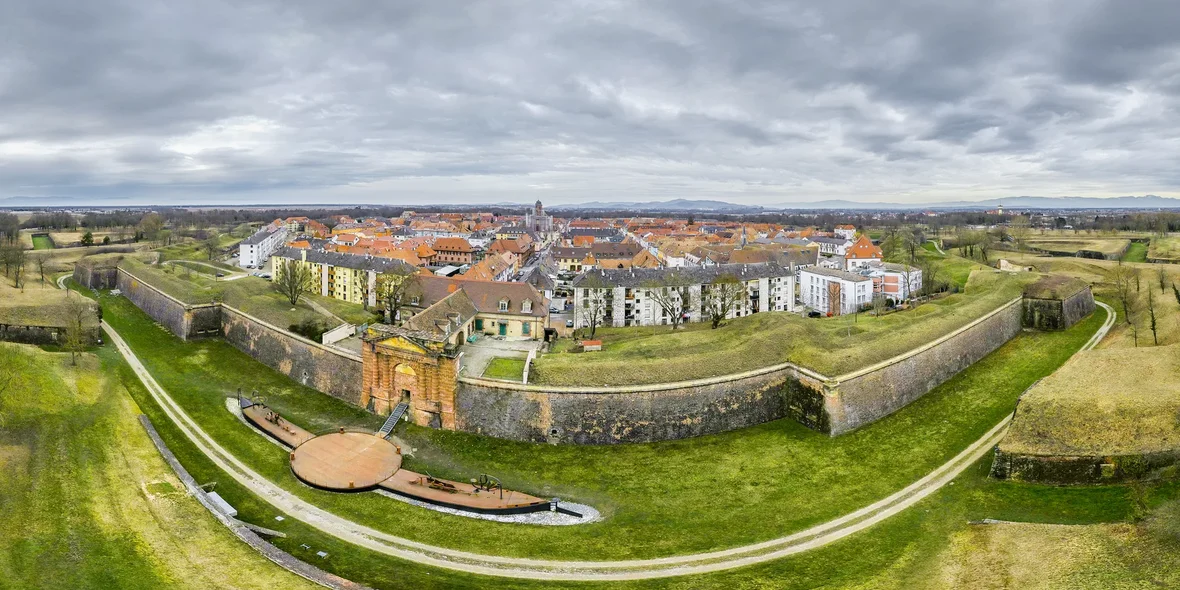
A step-by-step guide to buying a property in France
French legislation allows foreigners to freely buy and sell real estate on its territory, as well as rent it out. Moreover, the presence of real estate in the country is one of the requirements for obtaining a residence permit. In this regard, we have compiled a detailed guide to buying French objects and found out the important nuances, from taking a mortgage to the associated costs of the transaction.
The step-by-step process of buying real estate in France
To successfully complete the deal, you need to perform the following steps:
1. Assess the technical condition of the object
An essential stage is to check whether the declared area corresponds to reality, assess the electrical and gas networks, and so on. In short, at this stage, experts check the compliance of the property with the established norms as well as how safe it is to use it. It is important to note that the cost of diagnostics is included in the total price of the property.
2. Reserve the object
Then the buyer and seller conclude a preliminary contract (compromis de vente) or a unilateral contract (promesse de vente)—the latter option, more rare, is a kind of reservation of the object for a certain buyer.
At this point, the buyer also makes a deposit of 10% of the value of the object (5% when buying a property under construction). These funds are deposited in a special bank account belonging to the notary. All other payments for the transaction will also be made through this bank account.
3. Conclude the final, main contract
To finalize the transaction process, the parties meet at a notary public, who is the official representative of the interests of both the buyer and the state. In some cases, two notaries may be appointed—one each for the buyer and seller.
The notary representing the seller conducts due diligence on the property to ensure that it is legally owned and free of encumbrances. Then, through the buyer's notary, all necessary settlements for the transaction are made, and the main contract of sale is concluded.
In cases where the buyer does not speak the language of the country where the transaction takes place, the participation of a sworn interpreter becomes mandatory. After that, in the presence of a notary, the parties sign the final document—the act of sale (acte de vente).
4. Pay for the transaction
Before signing the main contract, the entire required amount must be transferred to the notary's special account.
Upon signing, ownership is automatically transferred to the buyer, and the new owner receives the keys to the object, as well as the primary document confirming ownership—attestation. After that, the notary performs the transfer of funds to the seller's account.
The obligation of the new owner is to insure the property. The notary public monitors this procedure.
5. Register the ownership right
Upon completion of the transaction, the notary is responsible for registering the new owner in a special registration office—the Conservation des hypothèques. This institution is responsible for registering all deeds related to the sale, exchange, or gift of real estate, as well as the execution of mortgages.
The state registration process usually takes two to three months. The result is that the new owner receives a certificate of ownership.
Associated costs when buying real estate
Additional expenses as part of a purchase transaction can range from 8.6% to 29.7% of the total cost. The following items are included in this amount:
- VAT on new buildings—20% of the total transaction amount.
- For secondary housing, there is a registration tax of 4.9%.
- The notary fee ranges from 3.6-12% (includes VAT), the amount of which depends on the complexity of the transaction.
- Registration fee of 0.1%.
- The agency fee is 2-6% of the total transaction amount and is paid by the buyer.
It is important to note that these percentages and amounts may vary depending on the specifics of each individual transaction.
Average house prices
It can cost between €380,000 and €520,000 to purchase a 90 square meter apartment in France.
The price for renting a one-bedroom apartment in France is approximately €600-750 monthly. You can rent a two-bedroom in the country for €1100-€1500.
The cheapest real estate in France (costing up to 150,000 euros) is sold in such regions as New Aquitaine, the Loire Valley, Grand Est, and Burgundy; the most expensive is in Paris and the Côte d'Azur.
Buying a home in France with a mortgage
Mortgages in France are available for foreigners, with the exception of Russians without a residence permit. However, the conditions for non-residents are much stricter compared to those for locals. This is manifested, in particular, in a more thorough verification of the investor's income. There are also differences in credit conditions: for example, the French can get a mortgage loan up to 100% of the value of the property, while for foreigners this amount is only 50%.
The possibility of obtaining a positive decision from the bank depends on several factors: strong ties with the EU and France (e.g., second citizenship, work in a European company with high confirmed income, credit history in French banks); marriage to an EU citizen, and the presence of assets in the form of securities, deposits, or real estate.
For foreigners, it is also mandatory to have other real estate in any country so that the purchased object becomes a second home for them. The monthly mortgage payment should not exceed 35% of the monthly income. The maximum term of the mortgage loan is 27 years.
The average mortgage interest rate exceeded 3% in April 2023 and rose to 4.68% by early June for fixed-rate loans with terms of 20 years or more.
Author
I am responsible for editorial work. I write expert interviews and guides.



















